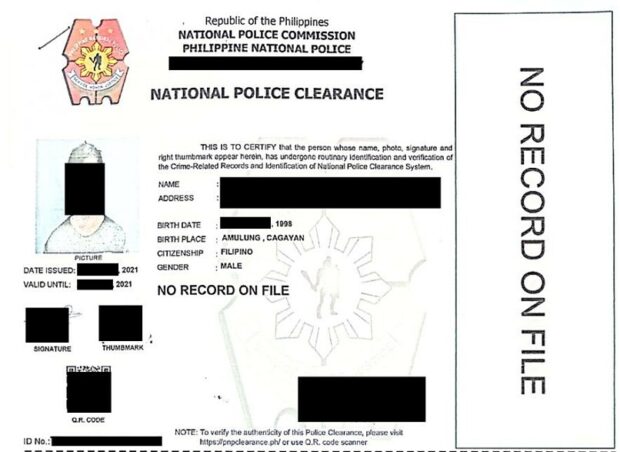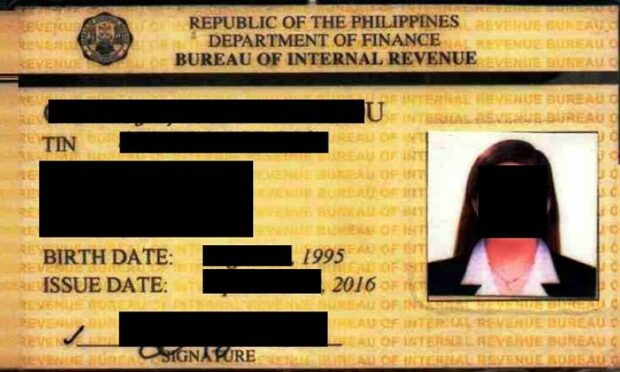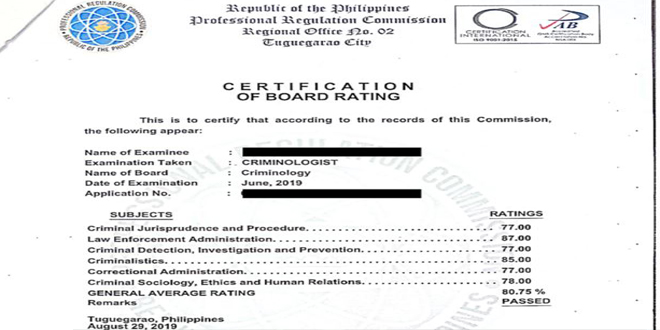MANILA, Philippines —A staggering 1,279,437 records belonging to law enforcement agencies, including sensitive police employee information, have been compromised in an unprecedented data breach, as revealed by a report from the leading cybersecurity research company VPNMentor on Tuesday.
The massive data hack, which exposed 817.54 gigabytes of both applicant and employee records under multiple state agencies, including the Philippine National Police (PNP), National Bureau of Investigation (NBI), Bureau of Internal Revenue (BIR), and Special Action Force (SAF), has put the personal information of millions of Filipinos at risk.
Exposed records encompass highly sensitive data such as fingerprint scans, birth certificates, tax identification numbers (TIN), tax filing records, academic transcripts, and even passport copies.
By F2
/ Thursday , July 3 2025
The final day of the Cyber Defence & Security Exhibition and Conference (CYDES) 2025 concluded with high-impact engagements at the...
Read More
By F2
/ Thursday , July 3 2025
Cisco warns that a vulnerability in Cisco Unified Communications Manager (Unified CM) and Cisco Unified Communications Manager Session Management Edition...
Read More
By F2
/ Wednesday , July 2 2025
The second day of the Cyber Defence & Security Exhibition and Conference (CYDES) 2025 further cemented Malaysia’s position as a...
Read More
By F2
/ Tuesday , July 1 2025
Malaysia's Deputy Prime Minister Datuk Seri Dr. Ahmad Zahid Hamidi said that Malaysia has placed cybersecurity at the heart of...
Read More
By F2
/ Tuesday , July 1 2025
Mark Chen, the chief research officer at OpenAI, sent a forceful memo to staff on Saturday, promising to go head-to-head...
Read More
By F2
/ Tuesday , July 1 2025
The Canadian government ordered Hikvision to stop all operations in the country due to national security concerns. Hikvision, based in...
Read More
By infosecbulletin
/ Sunday , June 29 2025
Doctors at Columbia University Fertility Center have reported what they are calling the first pregnancy using a new AI system,...
Read More
By infosecbulletin
/ Saturday , June 28 2025
Cybersecurity experts and federal authorities are warning that the Scattered Spider hackers are now targeting aviation and transportation, indicating a...
Read More
By F2
/ Saturday , June 28 2025
Since June 9, 2025, Russian users connecting to Cloudflare services have faced throttling by ISPs. As the throttling is being...
Read More
By infosecbulletin
/ Saturday , June 28 2025
A new report from SafetyDetectives reveals that hackers posted a massive 3.1GB dataset online, containing about 61 million records reportedly...
Read More

Sample of a criminologist accreditation, police clearance form, and BIR identification card, all available on the exposed database.

Sample of a criminologist accreditation, police clearance form, and BIR identification card, all available on the exposed database.
Internal directives addressing law enforcement officers were also exposed in the data breach.
“As an example, these would be orders from the top leadership of how to enforce what laws and what gets priority or additional training that is needed etc… I cannot further confirm or verify the accuracy or authenticity of these documents contained within this database. As such, I cannot guarantee that the contents of the documents are accurate or reliable,” writes cybersecurity researcher Jeremiah Fowler, who authored the report.
Fowler reported that these government documents were stored in an unsecured, non-password-protected database “readily accessible to individuals with an internet connection” and vulnerable to cyberattacks or ransomware. Fowler noted that law enforcement officers are at risk when their personal documents are exposed, but no such attacks have occurred.
“Any data breach that exposes personal information belonging to police and members of law enforcement or other officials can be dangerous. Individuals whose data is exposed could be potential victims of identity theft, phishing attacks, and a range of other malicious activities,” stressed Fowler.
“The availability of government records in an unsecured database raises concerns about potential national security issues. The exposed records could also potentially allow criminals to target members of law enforcement for blackmail or other schemes,” he added.
This database was left exposed for a minimum of six weeks, according to the report. However, Fowler recommended that a full forensic audit be conducted to “fully understand the extent and impact of the breach.”
PNP Public Information Office Chief Rederico Maranan relayed to INQUIRER.net a message from Anti-Cybercrime Group Director Police Brig. Gen. Sidney Hernia, stating that the cybercrime unit is still conducting vulnerability assessment and penetration testing.
“We cannot categorically say at this time that there was leaked applicants’ data… We also requested complete access logs from the PNP Recruitment and Selection Service (PRSS) to evaluate those logs,” he stated


 InfoSecBulletin Cybersecurity for mankind
InfoSecBulletin Cybersecurity for mankind














